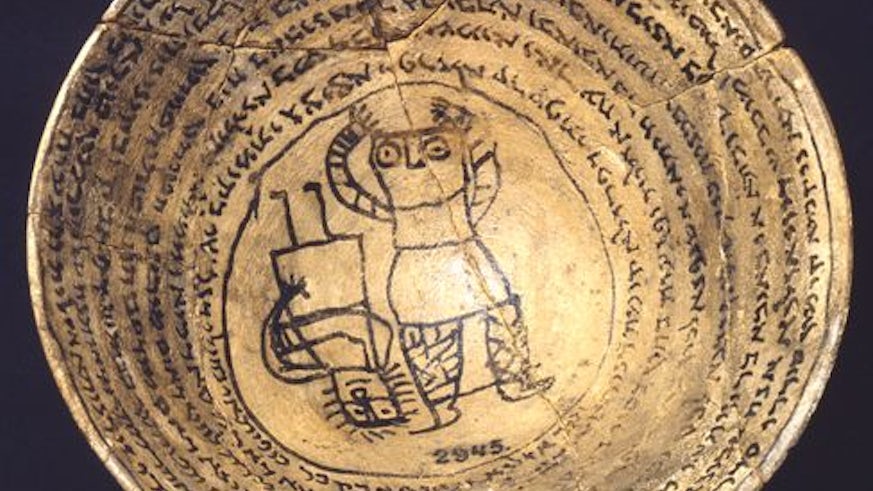Demons deciphered
6 April 2017

Early Jewish & Christian interpretation research announced as University scholar awarded Arts and Humanities Research Council grant
A pioneering academic in Religious Studies is to conduct new research on ‘demonic exegesis’ — the interpretation of early texts referring to demons — in a new UK-based project.
The Demonic exegesis project will look at the role of biblical interpretation in the shaping of Jewish and Christian demonologies and the interactions between the two faith communities.
Judaism had developed an extensive set of beliefs about demons by 500AD and considered these beliefs to be firmly grounded in the Jewish Scriptures. Yet the Jewish Bible itself hardly ever mentions demons.
So how, and why, did these religious texts come to be understood as speaking of demons?
Drawing together the study of demonology, biblical interpretation, and Jewish-Christian interaction in the rabbinic period (70AD-c.500AD), this three-year research project will explore this intriguing phenomenon.
Leading the £200,000 research project, Lecturer in Hebrew and Judaism, Dr Hector Patmore will be asking:
- Which biblical texts did Jews in the period connect with demons?
- When were the texts first associated with demons?
- How do these traditions relate to Christian beliefs about demons?
“There has been increased interest in Jewish demonology in recent decades — particularly since the publication of the Dead Sea Scrolls — but how this relates to biblical interpretation has not received sustained attention” added Dr Patmore.
The Demonic exegesis project runs from July 2017 for three years until 2020 thanks to Arts and Humanities Research Council funding.
Currently on secondment as Director of Studies at St. George's College Jerusalem, Dr Patmore pursues research in the translation and interpretation of the Hebrew Bible in Antiquity and ideas about evil and demonology in Antiquity.